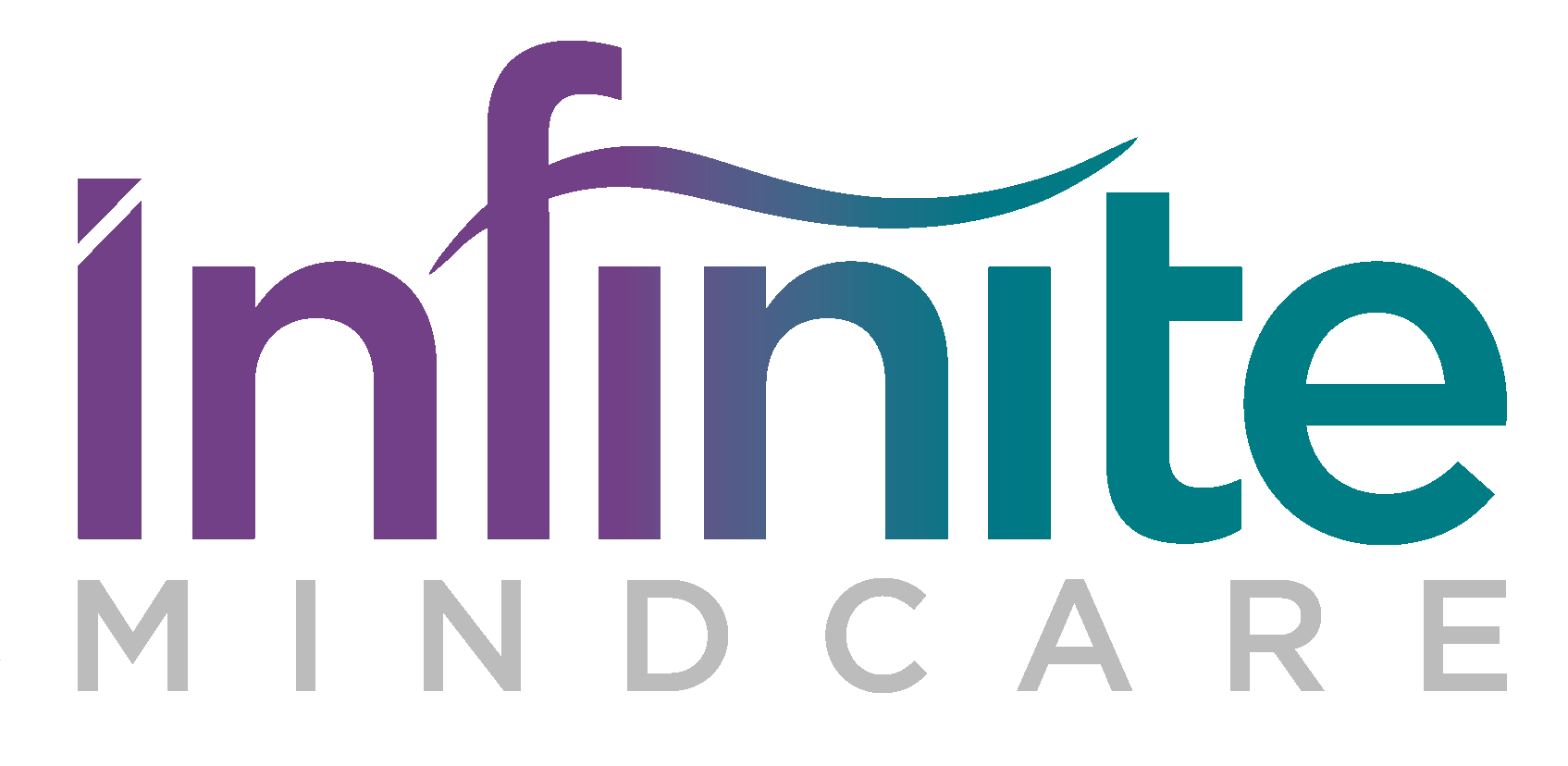The disease/non-disease debate obscures the reality
Growing up with a deficiency of vitamin D can lead to growth deficiency and malformed bones, a disease called rickets. The fact that this disease would be avoided by a healthy diet does not make it less of a disease. Growing up with an addicted mother, leading to a deficient endorphin release and its resulting dopamine deficit, often leads to a disease called addiction. Whether it is derived from vitamin D or a biologically required attachment, a deficiency of a biological substrate leads to a disease state. Our body's physiologic and behavioral attempts at achieving allostasis, normalcy, can lead to other symptoms and syndromes. These are usually called diseases.
I see with increasing frequency books, blogs and partisans saying in bold print or loud voices that “addiction is not a disease!” Passion dramatizes these declarations with a fervor seen in political debates. These pronouncements of the non-disease status of addiction seek to “set the record straight.” They imply that those who call addiction a disease are bringing great harm to those with addiction. Those supporting non-disease status explain that choice, not helplessness, is present, suggesting that if there is a personal choice it is not a disease. Addiction as a disease would confer catatonic automation to addiction, which they say is clearly not present. This idea just deflects personal responsibility and research dollars, they suggest.
On the other hand, many people who are just as passionate in support of the disease model have become biological reductionists, seeking the next pharmacologic cure. (Personally, I can't wait for that one pill that will give meaning to life. I wonder what two of them will do?) As with most issues that stake out ends of a spectrum, the truth includes both sides.
The disease vs. non-disease argument misses the point. It is like the global warming debate, where the respective sides have chosen facts supporting their side while delusional about the rest. A debate is a good thing. It facilitates learning, as long as it remains a debate and not an argument between two close-minded poles. Zealous polarity diverts attention from the real issues of preventing, diagnosing and treating addiction. “Non-disease” implies a treatment philosophy and actions along a certain pathway, just as “disease” does. These respective paths are both incomplete, though, and neither best serves recovery distinct from the other.
Addiction easily meets all criteria of a medical dictionary definition of disease:
1. An interruption, cessation, or disorder of a body, system, or organ structure or function. See also: syndrome. Synonym(s): illness, morbus, sickness.
2. A morbid entity ordinarily characterized by two or more of the following criteria: recognized etiological agent(s), identifiable group of signs and symptoms, or consistent anatomic alterations. Also, generally not caused by a physical injury. Genetic or environmental factors may bestow susceptibility.
Concerning the first definition, there is a definite change in structure and function of the brain, including altered receptor expression, altered neurotransmitter levels, increased cortisol (stress), diminished prefrontal cortex integration, and many other objective findings.
Concerning definition two, it is morbid (pathologic consequences). It has characteristics of identifiable signs and symptoms, and consistent anatomic alterations (brain). There is a genetic susceptibility that may or may not be expressed, and it is not a result of a physical injury (directly). There are environmental factors that lead to its development, as with other diseases.
Addiction as an entity clearly meets the definitions of a disease. Saying it does not exposes ideology.
Addiction is far more complex than most appreciate, however, and it fully meets criteria for many different ailments. Saying it is one thing or the other does not invalidate the rest. Yes, it's a disease. Yes, it's a behavioral issue. Yes, it's a learned disorder. Yes, it's an attachment/development issue. Yes, choice is involved. Yes, it's a psychological problem that requires a spiritual answer.
In reality, addiction begins to develop when a behavior or substance provides needed relief. Real relief is gained from either emotional lack or emotional override, or both. Eventually the behavior or substance begins having negative consequences, yet the behavior or substance use continues and the negative consequences compound, adding to the original problem.
Removing the behavior or substance leaves the addict with an exposed need for relief. Modern medicine and the disease approach is wanting when it comes to defining and “fixing” the reason for the substance use or behavior. There are no pills, shots or procedures I am aware of that provide the ability to connect with emotions and express them, to feel things with responses rather than reactions, to connect to ourselves and those around us in meaningful relationships. These are some of the deficits requiring relief. Answers to these deficits may seem too fuzzy to be applied on an affordable public health basis by governments or insurance-designed treatment.
Debating whether addiction is a disease or a condition is like arguing what is more important, the brain or the mind. One cannot exist separately from the other. Brain cells, neurotransmitters, receptors and their integration are biology. They grow and connect, however, only with information and energy provided by the mind, as Daniel Siegel has explained. All serve to connect to ourselves and our external universe. When harmony is absent in these complex interactions, the need within us compels any and all effort to correct the inner discord, looking outside of ourselves to find the answer that is within.
As with most diseases, there is a spectrum of expression. As Gabor Maté has said, “There are many different stories, but addiction is the same.” Whatever you call it.
Author: Roland Reeves
Source: http://www.addictionpro.com/blogs/roland-reeves-md/treatment/diseasenon-disease-debate-obscures-reality?page=2



















